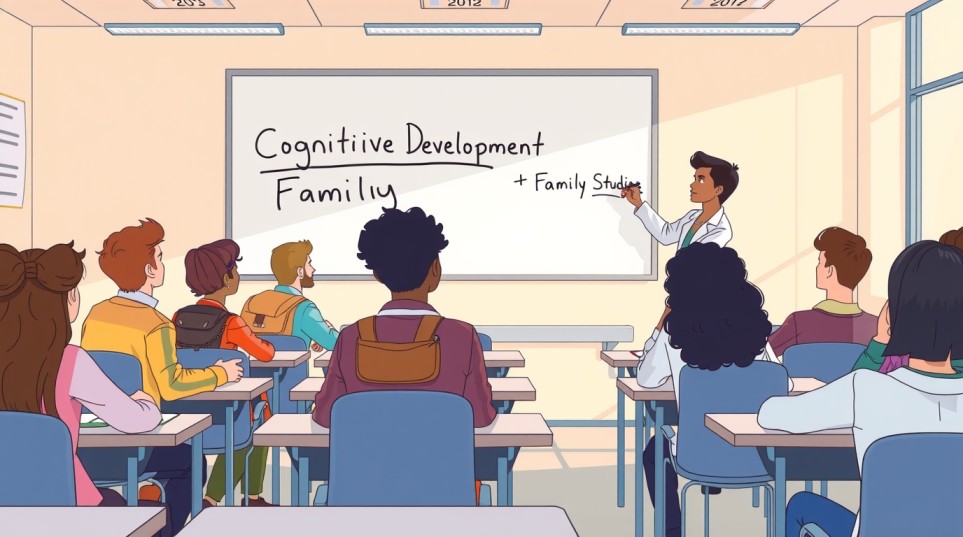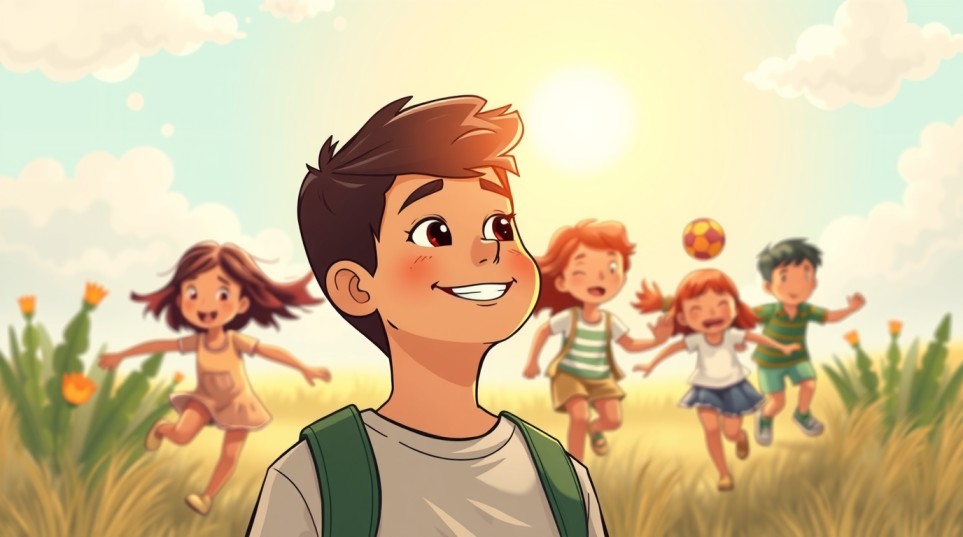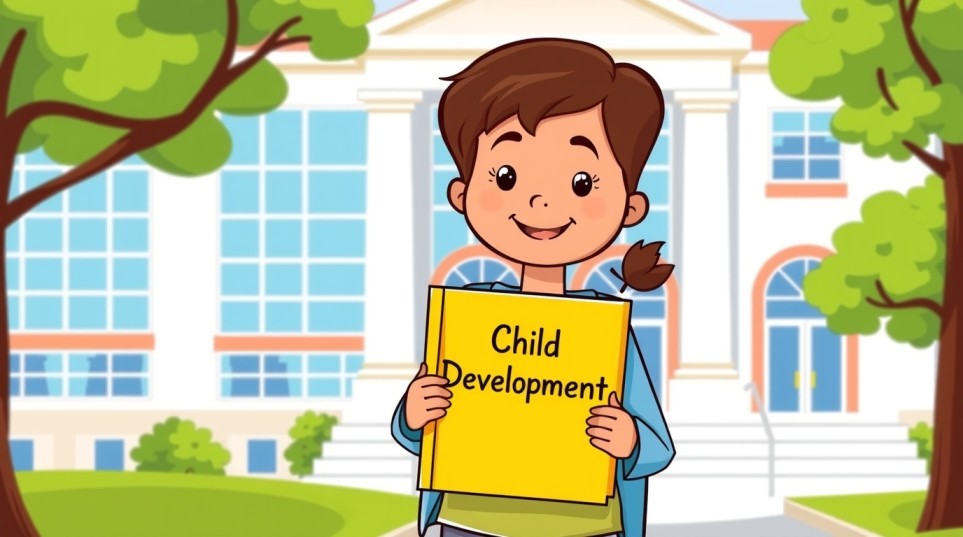If you’ve ever thought about studying child development, chances are you’ve also wondered: “Do I need to have a graduate degree before I even start?”
It’s a fair question. With so many careers requiring advanced education these days, students sometimes assume child development is one of them.
The reality? No, you don’t need graduate study to enter this major. The child development program usually starts at the undergraduate level. Later on, depending on your career goals, graduate study may come into play — but it’s not a ticket you need to get in the door.
What Exactly Is the Child Development Major?
Think about everything that happens from birth to adolescence: learning to walk, forming friendships, developing language, discovering how to think critically. The child development major explores all of those stages and influences.
Courses often cover topics like:
- Child psychology
- Language and literacy in early years
- Family dynamics and cultural influences
- Health and nutrition
- Education practices
Some colleges place this major under Education, others under Psychology or Human Sciences. Wherever it’s housed, the focus stays the same: preparing you to understand and support children’s growth.
Do You Need Graduate School to Begin the Major?
The simple answer is no.
If you’re a high school graduate (or hold a GED), you can apply to a college or university that offers child development as a bachelor’s degree program. You don’t need a master’s or doctoral degree to start.
Graduate school is more like a second step — a path you might choose later, after you’ve explored the basics and figured out which direction you’d like to take.

When Graduate Study Becomes Necessary
That said, graduate study can be part of the journey depending on the job you want. Let’s break it down:
- Bachelor’s degree is enough for careers like preschool teacher, youth program coordinator, childcare administrator, or family services worker.
- Graduate study is required if you want to be a child psychologist, school counselor, therapist, or university researcher.
So, it isn’t about getting into the major — it’s about where you want the major to take you.
What You’ll Likely Study First
As an undergrad, you’ll start with foundation courses such as:
- Cognitive development
- Emotional and social growth
- Classroom management
- Assessment in early childhood education
- Family and cultural perspectives
Many schools also require internships or fieldwork, so you’ll get hands-on experience in real classrooms or child centers.
What Skills You’ll Build
This isn’t just about theory. A child development major teaches practical, real-world skills:
- Observing and assessing children’s needs
- Communicating with families and educators
- Problem-solving in classroom or childcare settings
- Understanding cultural differences in learning
- Interpreting research studies
These are the kinds of skills that make you valuable in education, social services, and beyond.
Career Options Without Graduate School
Plenty of doors open with just a bachelor’s degree, including roles like:
- Preschool or early childhood teacher
- Childcare center director
- Family support worker
- Program coordinator for after-school activities
- Early intervention assistant
These jobs focus on hands-on work and don’t demand a master’s degree.
Career Options With Graduate School
If your dream is to work in clinical or highly specialized fields, graduate study is unavoidable. Examples include:
- Licensed child psychologist (Ph.D. or Psy.D.)
- School counselor (Master’s in Counseling or Psychology)
- Pediatric occupational therapist (Master’s or Doctorate in OT)
- Researcher or university professor (Ph.D.)
So, graduate study is about depth and specialization, not entry into the major.
Why Some Students Choose Graduate Study Anyway
Even if it isn’t required, many students keep studying because:
- They want to earn higher salaries.
- They’re interested in specialties like special education or autism support.
- They enjoy research and policy development.
- They’re aiming for leadership positions in schools or agencies.

FAQs About Child Development and Graduate Study
1. Do I need graduate study to start a child development major? No. The major begins at the undergraduate level.
2. Can I get a job with only a bachelor’s degree? Yes. Many positions in education and family services only require a bachelor’s.
3. What careers require graduate study? Jobs like psychologist, therapist, counselor, or professor require graduate degrees.
4. Is an associate degree in child development enough? For entry-level jobs in childcare, yes. But a bachelor’s gives you more opportunities.
5. Can I switch to psychology or education later if I start with child development? Yes. The coursework overlaps, so switching majors is common.
6. Does graduate study increase salary potential? In most cases, yes. Advanced roles usually come with higher pay.
Final Thoughts
So, let’s settle it once and for all: you don’t need graduate study to enter a child development major. The program starts at the bachelor’s level, open to high school graduates and transfer students.
Graduate study becomes important only if your chosen career requires it. If your passion is working directly with children in classrooms, community centers, or family programs, a bachelor’s degree may be all you need. But if you dream of therapy, research, or high-level leadership, then graduate school is waiting for you later.
The best part? You don’t have to decide everything right now. You can start the major, see where your strengths lie, and choose your path as you go.







